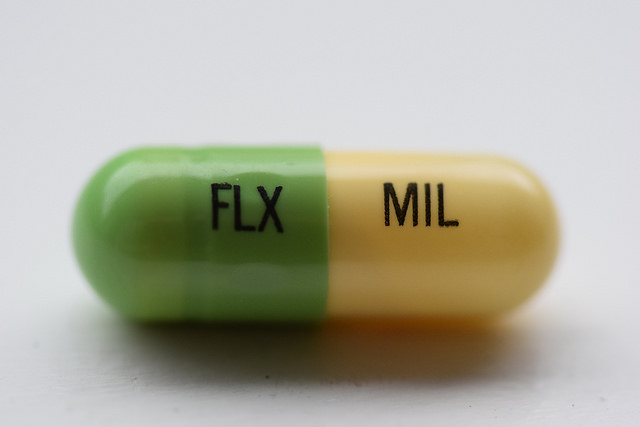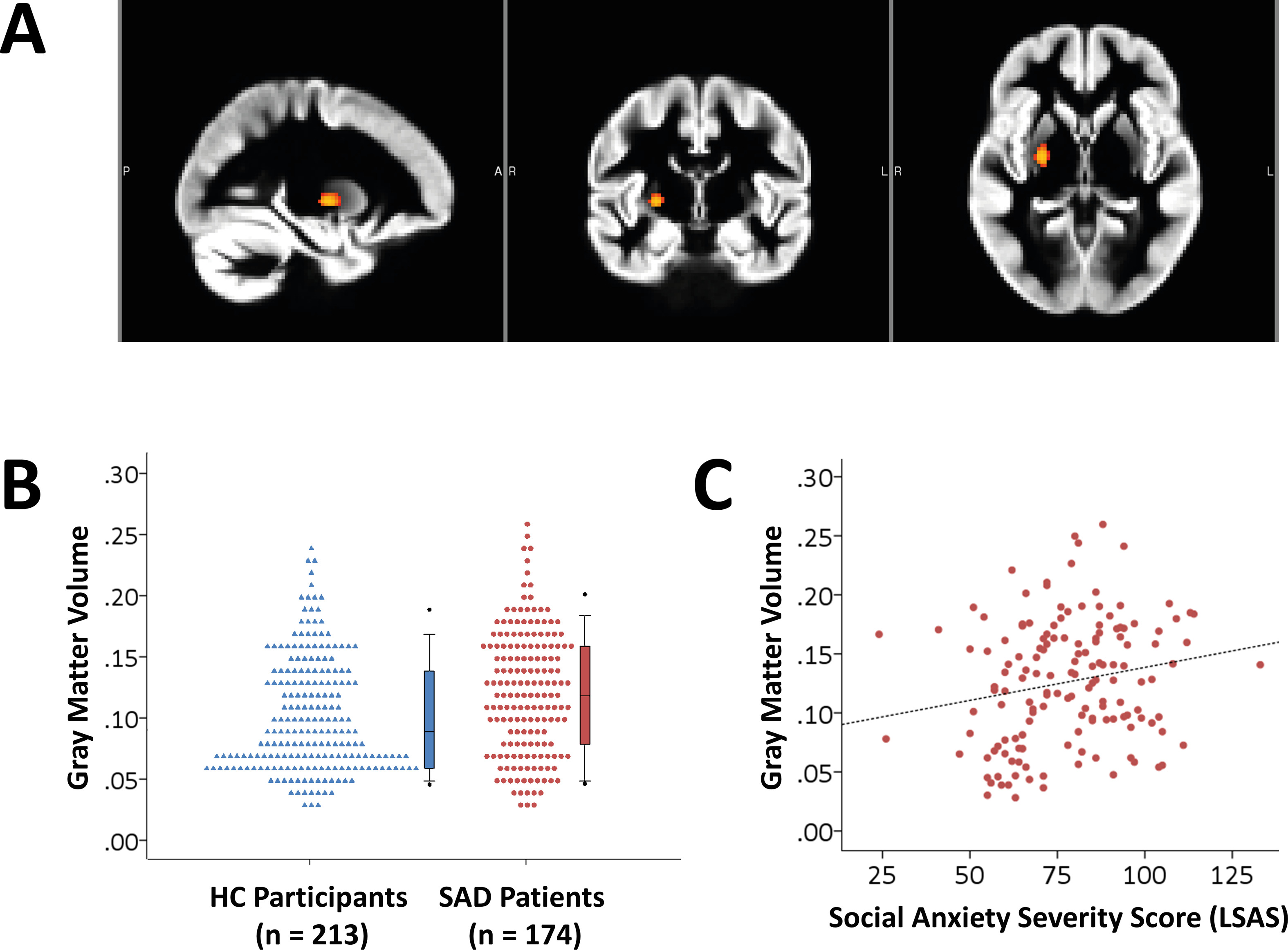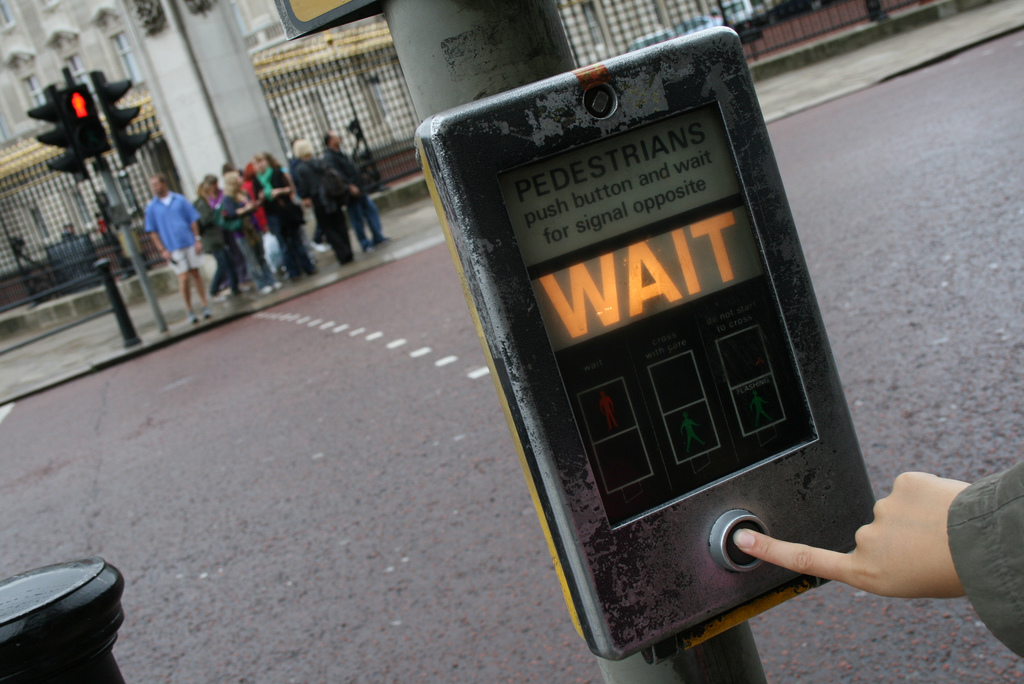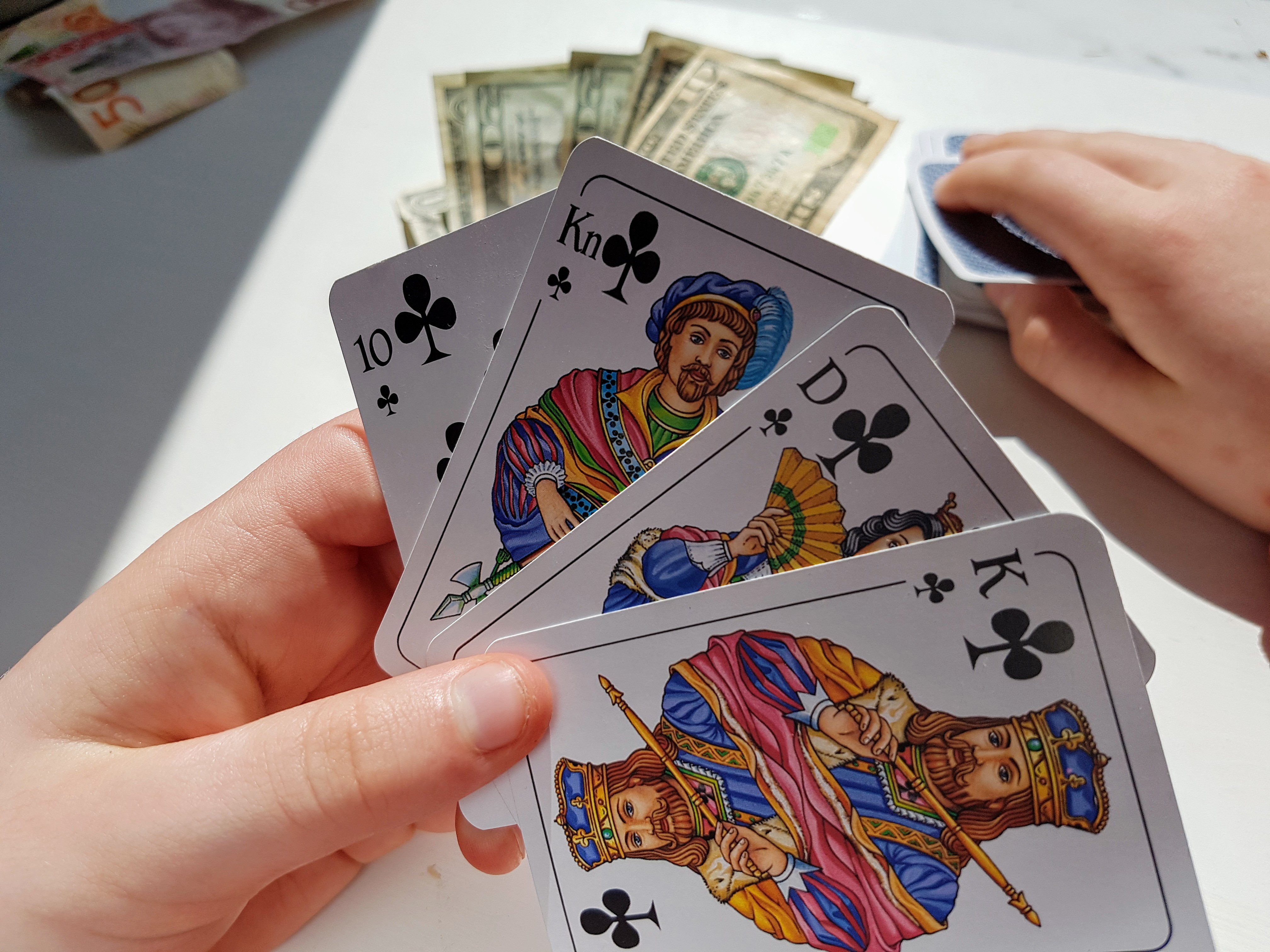Internet-based vs. face-to-face cognitive behavior therapy for psychiatric and somatic disorders: an updated systematic review and meta-analysis.
In 2014 we published a first study investigating the relative effects of Internet-based vs. face-to-face cognitive behavior therapy. The study was picked up by the Wall Street Journal During the last two decades, Internet-delivered cognitive behavior therapy (ICBT) has been tested in hundreds of randomized controlled trials, often with promising results. However, the control groups … Läs mer!









